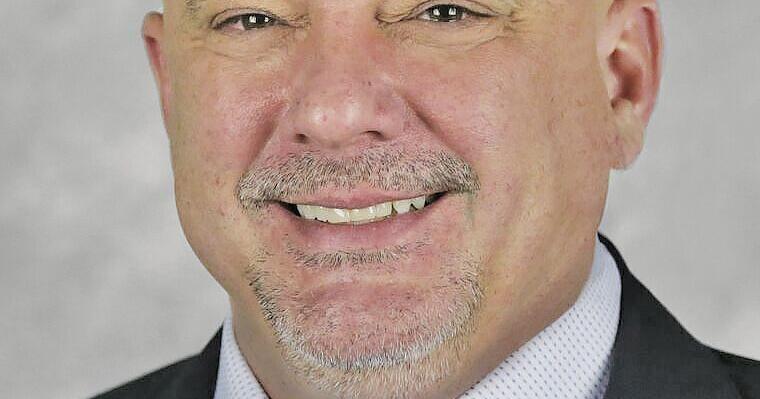Spotlight
Finance
Technology
Rebel Moon Part 2: The Scargiver managed about three or four days on the top…
Join our mailing list
Get the latest finance, business, and tech news and updates directly to your inbox.
Top Stories
Raymond James Financial Services Advisors Inc. reduced its stake in shares of ProShares Online Retail…
Former crypto kingpin Changpeng Zhao may soon share a cell with FTX fraudster Sam Bankman-Fried…
Tesla’s stock soared by more than 11% in pre-market trading early Wednesday morning after CEO…
Raymond James Financial Services Advisors Inc. bought a new position in shares of Invesco BulletShares…
Raymond James Financial Services Advisors Inc. lifted its stake in shares of International Game Technology…
As CTO of Engage People Inc. Len Covello helps companies differentiate loyalty programs to deliver…
Raymond James Financial Services Advisors Inc. boosted its stake in Banco de Chile (NYSE:BCH –…
We all know that trees, forests and green spaces are an important part of our…
Did you see the full “Pink Moon?” The second full moon of spring 2024 in…
bymuratdeniz / iStock.comFor the generation that came of age during the Great Recession, building wealth…
Extreme heat and wildfires are contributing to unprecedented levels of air pollution in the United…
Many taxpayers spent the last few weeks engaging in discussions with their accountants as they…









































